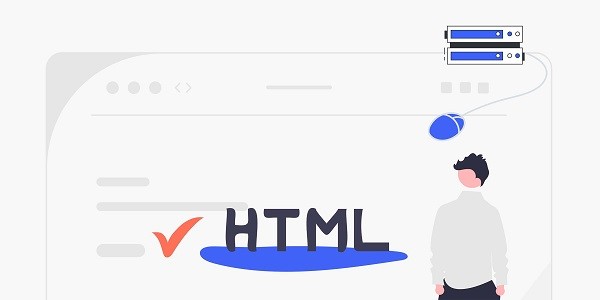What is the core difference between HTTP proxy and SOCKS5 proxy?HTTP proxy and SOCKS5 proxy are two common network protocols, both used to forward data between clients and servers, but their design goals and functional characteristics are essentially different. HTTP proxy specifically filters and forwards HTTP/HTTPS protocol traffic, and is often used for web browsing, content caching or access control; SOCKS5 proxy is a general protocol that supports TCP/UDP full-flow transmission and is suitable for a variety of scenarios such as email, file transfer, and game connection. The dynamic residential proxy and S5 proxy services provided by IP2world can flexibly adapt the two protocols according to user needs. Why do you need to choose different proxy protocols in different scenarios?The protocol selection should be based on actual needs:Accuracy and efficiency : HTTP proxy can parse application layer data to block advertisements or overcome regional restrictions, but it has poor compatibility with non-web traffic. SOCKS5 proxy does not parse data packets but only establishes transmission channels, so it has lower latency and is suitable for real-time communication applications.Protocol support range: HTTP proxy only supports HTTP-related protocols, while SOCKS5 proxy is compatible with FTP, SMTP and even P2P network protocols, and has stronger scalability. For example, IP2world's exclusive data center proxy supports SOCKS5 protocol, which can meet enterprise-level data crawling needs.Security differences: HTTP proxies usually rely on application layer encryption (such as HTTPS), while SOCKS5 proxies ensure connection security through authentication mechanisms and support IPv6 address resolution. How to determine whether a project is suitable for HTTP or SOCKS5 proxy?Evaluate from three dimensions:Traffic type : If it involves web data crawling or browser automation, HTTP proxy is more efficient; if it needs to process video streaming, game data packets or IoT device communication, SOCKS5 proxy has a natural advantage.Anonymity level : HTTP proxies may carry an X-Forwarded-For header to expose the real IP address, while SOCKS5 proxies do not add additional information by default, providing more thorough privacy protection.Deployment complexity : HTTP proxy requires browser or application parameters to be configured, while SOCKS5 proxy can be globally effective through system-level settings. IP2world's static ISP proxy supports one-click protocol switching, simplifying the configuration process. How does IP2world's proxy product cover the needs of both protocols?IP2world meets the needs of different protocols through product matrix:Dynamic residential proxy : supports both HTTP/SOCKS5 protocols, and the IP pool covers more than 200 countries around the world, which is suitable for market research scenarios that require frequent switching of geographical locations.S5 Proxy : Based on SOCKS5 protocol optimization, it provides high anonymity and low latency connection, suitable for cross-border e-commerce account management or social media automation.Unlimited servers : Allow users to independently select proxy protocols to meet long-term large-scale data collection needs and avoid task interruption due to excessive traffic. As a professional proxy IP service provider, IP2world provides a variety of high-quality proxy IP products, including dynamic residential proxy, static ISP proxy, exclusive data center proxy, S5 proxy and unlimited servers, suitable for a variety of application scenarios. If you are looking for a reliable proxy IP service, welcome to visit IP2world official website for more details.
2025-04-27









